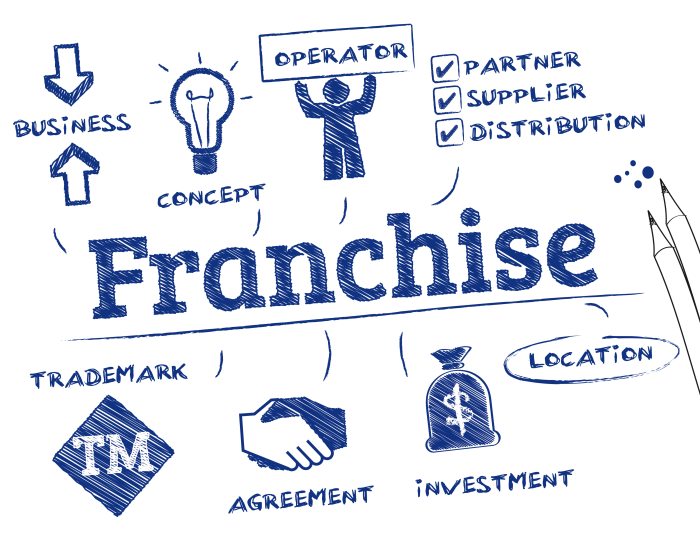A potential franchise should be skeptical of a franchisor that – A potential franchisee should be skeptical of a franchisor that has a history of negative experiences from existing or former franchisees. These experiences can provide valuable insights into the franchisor’s business practices, financial stability, and overall reputation.
When evaluating a franchisor, it is crucial to thoroughly research the experiences of current and former franchisees. Negative experiences can often be indicative of underlying issues within the franchise system, such as inadequate support, unrealistic financial projections, or legal disputes.
Franchisee Experience

Before investing in a franchise, potential franchisees should thoroughly research the experiences of existing and former franchisees. Negative experiences can indicate underlying issues within the franchisor’s system.
Examples of Negative Experiences
- Unsatisfactory financial performance
- Lack of support from the franchisor
- Unrealistic sales projections
- Legal disputes or complaints
Franchisees should also be aware of franchisors with a history of legal disputes or complaints. These can be indicators of ongoing problems within the franchise system.
Financial Stability

Evaluating the franchisor’s financial stability is crucial for potential franchisees. A financially unstable franchisor may not be able to provide adequate support or may be at risk of closing down.
Analyzing Financial Statements
Potential franchisees should carefully review the franchisor’s financial statements to identify any red flags. These may include:
- Negative cash flow
- High levels of debt
- Declining sales
Potential franchisees should also compare the franchisor’s financial performance to industry benchmarks to determine if it is operating within acceptable parameters.
Business Model: A Potential Franchise Should Be Skeptical Of A Franchisor That
Potential franchisees should carefully evaluate the franchisor’s business model to assess its sustainability and profitability.
Evaluating the Business Model
Key aspects to consider include:
- Target market
- Competition
- Revenue streams
- Cost structure
- Profitability margins
Potential franchisees should identify any potential risks or weaknesses in the business model that could impact their profitability.
Marketing and Support

Effective marketing and support are essential for the success of any franchise. Potential franchisees should assess the franchisor’s programs in these areas.
Assessing Marketing and Support Programs, A potential franchise should be skeptical of a franchisor that
Key factors to consider include:
- Marketing budget
- Marketing strategies
- Support services
- Training programs
Potential franchisees should determine if the programs are effective and align with their needs and goals.
Training and Development
Comprehensive training and development programs are essential for the success of franchisees. Potential franchisees should evaluate the franchisor’s programs in this area.
Evaluating Training and Development Programs
Key factors to consider include:
- Initial training
- Ongoing training
- Training materials
- Support for new franchisees
Potential franchisees should determine if the programs are comprehensive and provide them with the necessary skills to operate their franchise successfully.
Legal Agreements
Potential franchisees should carefully review the franchise agreement before signing it. Unfavorable terms or restrictions can impact the profitability and success of their franchise.
Reviewing the Franchise Agreement
Key aspects to consider include:
- Franchise fees
- Royalties
- Marketing fees
- Term of the agreement
- Termination provisions
Potential franchisees should consult with an attorney to ensure that the agreement protects their interests and aligns with their goals.
Question & Answer Hub
What are some common negative experiences reported by franchisees?
Common negative experiences include inadequate training and support, unrealistic financial projections, hidden fees, and disputes over territory or marketing.
How can potential franchisees research the experiences of existing and former franchisees?
Potential franchisees can research franchisee experiences through online forums, social media groups, and industry publications. They can also contact the franchisor directly to request references from current and former franchisees.
What should potential franchisees do if they encounter negative experiences from franchisees?
If potential franchisees encounter negative experiences, they should carefully consider the information and seek professional advice from an attorney or franchise consultant. Negative experiences can be valuable indicators of potential problems within the franchise system.